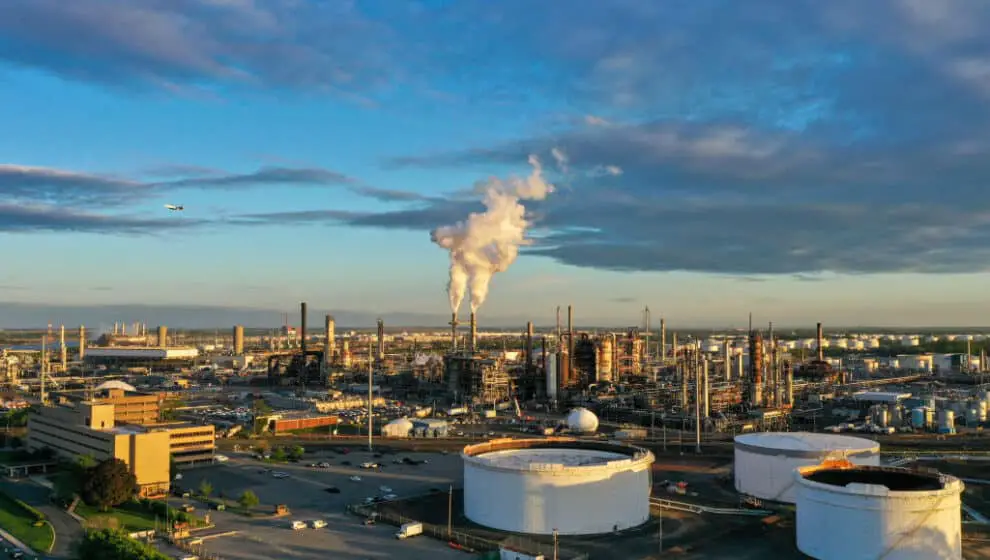An imminent diesel shortage will likely touch every area of life in the global economy.
Key Details
- Diesel is already one of the most useful fuel sources—powering trucks, buses, ships, trains, and heating homes.
- While natural gas prices have increased, diesel has also served as a substitute to generate power.
- But the supply of diesel is running low, and in just a few months nearly every part of the globe will face a disastrous short supply.
Why it’s news
The price of diesel doesn’t just affect fuel prices. More expensive diesel could lead to higher prices on everything from food to residential heating.
Diesel powers most farming equipment, leading to higher food prices. Trucks and trains used to transport the majority of goods run on diesel. Homes that are heated with diesel will see higher prices due to the low supply.
The rising price could cost the U.S. an extra $100 billion, Bloomberg reports.
U.S. reserves that could be used in the face of a shortage are at their lowest point in nearly 40 years. Europe’s supply is also beginning to run low. The global market for diesel is growing so competitive that in some cases poorer countries are unable to access diesel.
Diesel shortages could become much more drastic when Europe further decreases its reliance on Russian fuel. This will shrink the available global supply. Almost half of Europe’s 500 million barrel yearly supply comes from Russia.
Russia has also been a major supply for the Eastern U.S. This year, the U.S. has halted deliveries from Russia.
Backing up a bit
The diesel shortage can’t be attributed to any single factor. A few factors have led to a decreased refining capacity during a time of increased demand.
Pandemic lockdowns decreased overall demand and resulted in some refineries closing, however refinery closures were already happening before the pandemic. As interest in renewable and carbon neutral energy has risen, investment in the fossil fuel sector has decreased.
Overall refining capacity in the U.S. has been trending down. Since 2020, U.S. capacity has decreased by more than 1 million barrels a day. In Europe, worker strikes and supply chain issues have cut into overall capacity.

